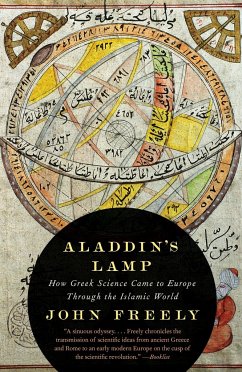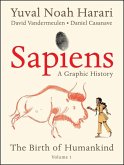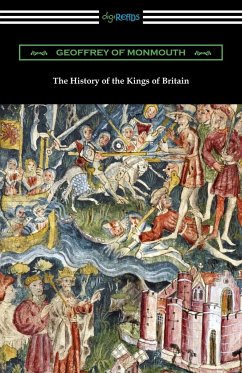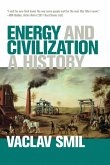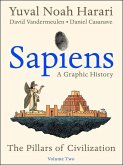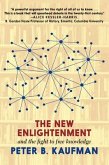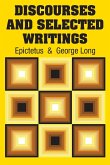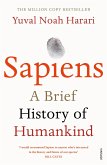Aladdin s Lamp is the fascinating story of how ancient Greek philosophy and science began in the sixth century B.C. and, during the next millennium, spread across the Greco-Roman world, producing the remarkable discoveries and theories of Thales, Pythagoras, Hippocrates, Plato, Aristotle, Euclid, Archimedes, Galen, Ptolemy, and many others. John Freely explains how, as the Dark Ages shrouded Europe, scholars in medieval Baghdad translated the works of these Greek thinkers into Arabic, spreading their ideas throughout the Islamic world from Central Asia to Spain, with many Muslim scientists, most notably Avicenna, Alhazen, and Averroës, adding their own interpretations to the philosophy and science they had inherited. Freely goes on to show how, beginning in the twelfth century, these texts by Islamic scholars were then translated from Arabic into Latin, sparking the emergence of modern science at the dawn of the Renaissance, which climaxed in the Scientific Revolution of the seventeenth century.
From the shores of classical Asia Minor, through Athens and Alexandria, Freely takes the reader on a fascinating stroll along the route whereby the scientific knowledge developed in the ancient Greek world was translated into Arabic in Islamic Baghdad and Andalusia, and ultimately found its way back to Europe via translations from Arabic into Latin. The path he traces is one well worth traveling, and, as always, his intimate knowledge of the Mediterranean world, adds a unique dimension to his writing. This, coupled with his early training as a physicist, ensure that what in lesser hands might be a tiresome trek, is indeed a fascinating introduction to the history of science and the transmission of knowledge. Heath W. Lowry, Ataturk Professor of Ottoman and Modern Turkish Studies, Princeton University
Mr. Freely, a professor of physics and the history of science at Bogazici University in Istanbul, is good on individual scientists, such as the ninth-century mathematician al-Khwarizmi, the inventor of algebra. (Our word derives from the Arabic al-jabr.) Or Ibn al-Haytham, the 11th-century physicist from Cairo who made pioneering advances in optics. Mr. Freely includes lucid diagrams, together with magnificent color plates taken from illuminated manuscripts. Eric Ormsby, Wall Street Journal
A chewy study of the preservation and transportation of classical Greek thought. . . . Freely extensively documents Islamic works that gave us words like algebra and algorithm and dusted off the even more ancient Hindu numerals now universally employed. Kirkus
A sinuous odyssey. . . . Freely chronicles the transmission of scientific ideas from ancient Greece and Rome to an early modern Europe on the cusp of the scientific revolution. Booklist
Informative and intriguing. . . . Freely shows how Western science developed in relation to and in controversy with ancient Greek ideas about matter, light, motion and the structure of the heavens. Publishers Weekly
Mr. Freely, a professor of physics and the history of science at Bogazici University in Istanbul, is good on individual scientists, such as the ninth-century mathematician al-Khwarizmi, the inventor of algebra. (Our word derives from the Arabic al-jabr.) Or Ibn al-Haytham, the 11th-century physicist from Cairo who made pioneering advances in optics. Mr. Freely includes lucid diagrams, together with magnificent color plates taken from illuminated manuscripts. Eric Ormsby, Wall Street Journal
A chewy study of the preservation and transportation of classical Greek thought. . . . Freely extensively documents Islamic works that gave us words like algebra and algorithm and dusted off the even more ancient Hindu numerals now universally employed. Kirkus
A sinuous odyssey. . . . Freely chronicles the transmission of scientific ideas from ancient Greece and Rome to an early modern Europe on the cusp of the scientific revolution. Booklist
Informative and intriguing. . . . Freely shows how Western science developed in relation to and in controversy with ancient Greek ideas about matter, light, motion and the structure of the heavens. Publishers Weekly

